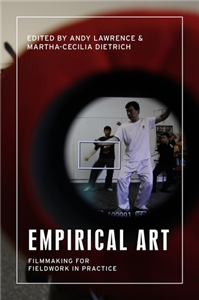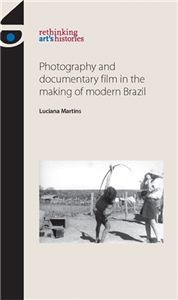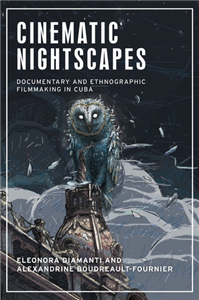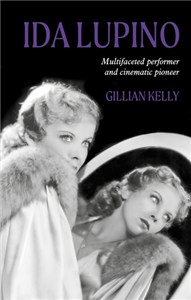Sharjah Documentation and Archives Authority
Sharjah Documentation and Archives Authority, earlier Sharjah Centre for Documentation and Research, was established by resolution no. (4) of 2010, issued by His Highness Sheikh Dr. Sultan Bin Muhammad AL Qassimi, member of the Supreme Council, the Ruler of Sharjah. In 2016, H.H. Ruler of Sharjah issued resolution no. (4) of 2016, on the establishment of Sharjah Documentation and Archives Authority. The objectives were set to collecting and preserving documents related to the emirate, as well as the development of the documentation and archive system. Furthermore, the Authority shall oversee the management of current documents and mediate documents with concerned parties. The Authority represents the local body concerned with all matters of documents and archiving and it abides by the best international standards for preserving and maintaining documents. The Authority works to strengthen cultural and historical awareness and encourage scientific researches and intellectual creativity.
View Rights Portal
























